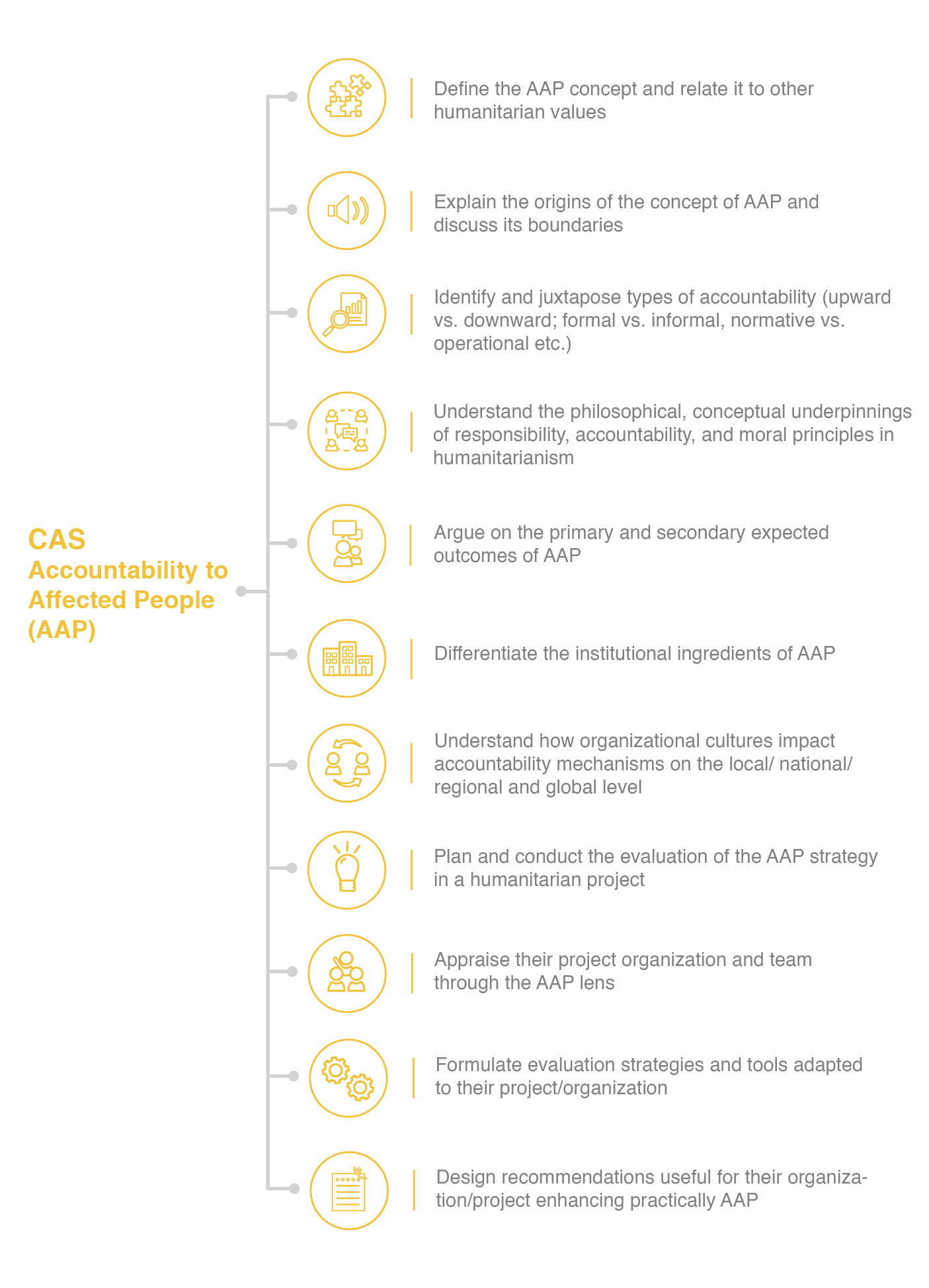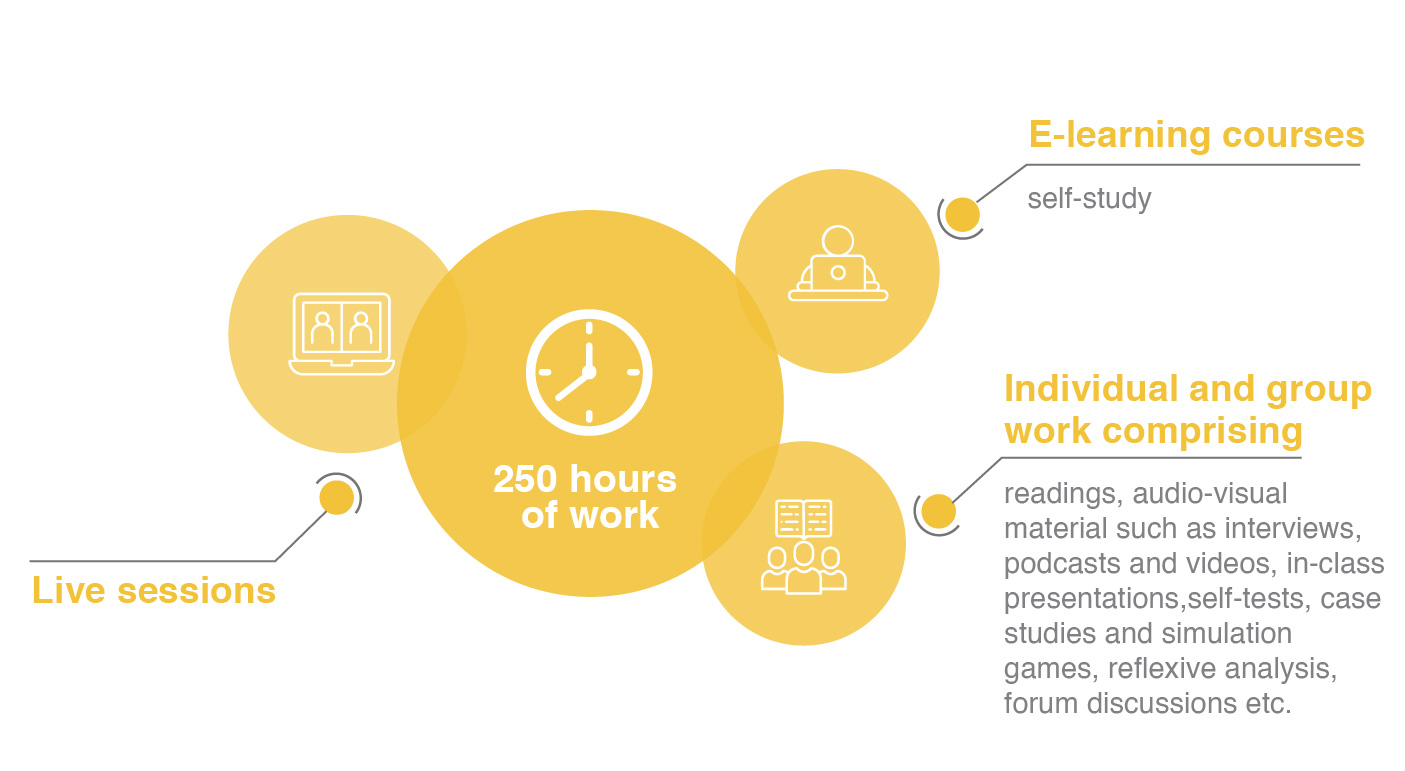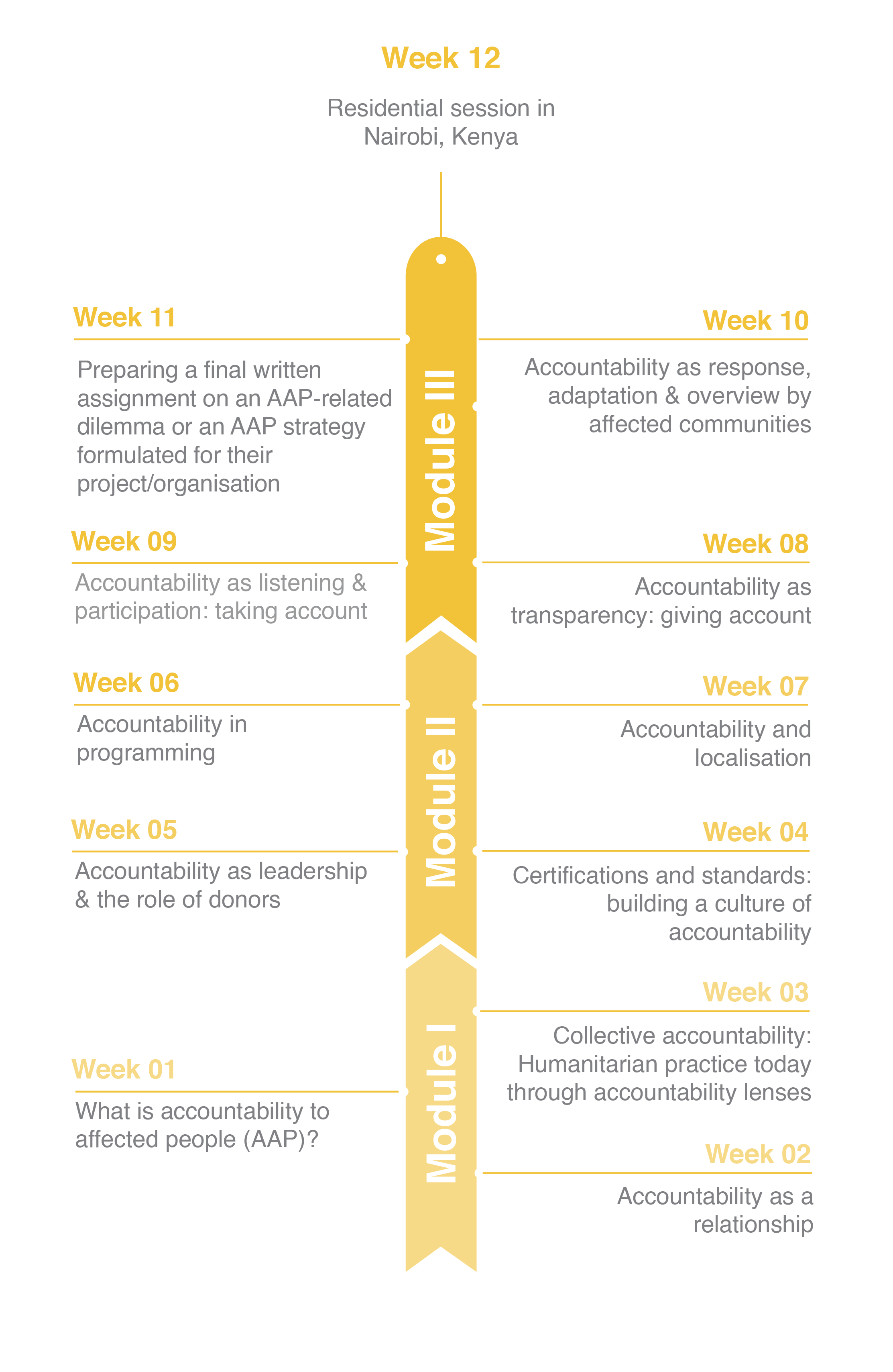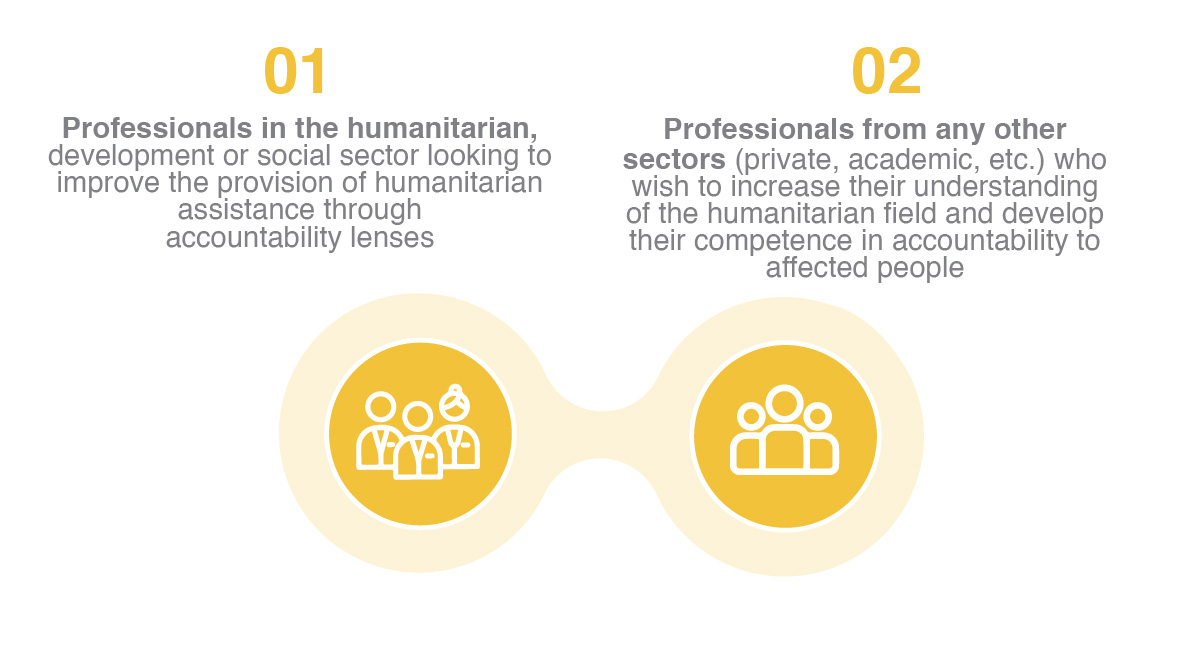This Certificate of Advanced Studies aims to enhance Accountability to Affected People (AAP) within the humanitarian sector. The programme delves into the components and conceptual underpinnings of AAP, providing insights into its application in diverse contexts.
Participants will be prepared to more effectively uphold the principle of accountability in their respective fields. They will be introduced to existing modalities and organizational practices related to accountability and will critically assess the promises and limitations of these approaches.
This intensive online course is organised in partnership with UNICEF.




Applications sent after the closing date and/or incomplete, will not be considered.
- Admission criteria
- A Bachelor’s degree or equivalent from a Swiss or foreign university;
- At least two years of relevant professional experience;
- Excellent command of English (see below)
- Required documents
- CV (Resume)
- Highest educational qualification obtained
- Proof of English language competence to be dated less than 2 years (see details below)
- Work certificates/official document from your current and the previous two job positions
- Two recent letters of recommendation (academic and/or professional) signed and with direct mention of the programme of your choice
- Portrait photo (ID format)
- Scanned copy of passport
- Language Requirements
The minimum required English level is C1. Providing a language certificate is mandatory, except in the two following cases:
-
-
- If you are a native English speaker, please provide a copy of your passport as proof.
- If you have worked for at least five years in English with MSF or ICRC, please provide a copy of the English test you have undertaken internally with your employer.
-
Recognized Tests and Scores:
-
-
- Cambridge English Advanced (CAE): 180-199
- Cambridge English First (FCE): 180-190
- C1 Business Higher
- IELTS: 6.5-7.5
- TOEFL iBT: 95-120
- TOEIC Listening & Reading: 945
- TOEIC Speaking & Writing: 360
- PTE General Level 4
- PTE Academic: 76-85
- Duolingo: 130
- EF SET (CEFR): C1
-
- Application procedure
To submit your application, please follow the four steps below:
-
-
- Go to the page of the course of your interest and click “apply”
- Fill in the application form on the online platform
- Upload all requested documents
- Submit
-
Please note that the processing of an application may take up to three weeks.
Applications sent after the closing date and/or incomplete will not be considered.
Once you have submitted your application, you will receive a confirmation by e-mail. Please note that the Selection Committee may take up to three weeks to validate an admission request.
We kindly ask you to take note of our cancellation policy.
For more information about the application process, please send us an email.
Students are required to have:
– Broadband/high speed connection – 2.5 Mbps minimum.
– Please note that most weekly content and activities is accessible via phone, but a PC/laptop/tablet is preferred
– Microphone and webcam
The participants of the inaugural session of the CAS AAP course shared their experiences and insights, reflecting the diverse and impactful learning that the course offers. Here’s what some of them had to say:
“The practical experience brought to this course narrowed down the gap between the theoretical and practical methods of learning.”
“[Strengths include] ‘the variety of speakers from different backgrounds and sharing experiences and information. It brings experiences from different parts of the world. The students from different regions coming together was also an added value.’”
“The certificate in AAP is a very relevant course not only for humanitarian workers but also those in development like myself.”
“Excellent course, I will recommend it to all my programme colleagues.”


Designation: PhD in International Relations & Affairs